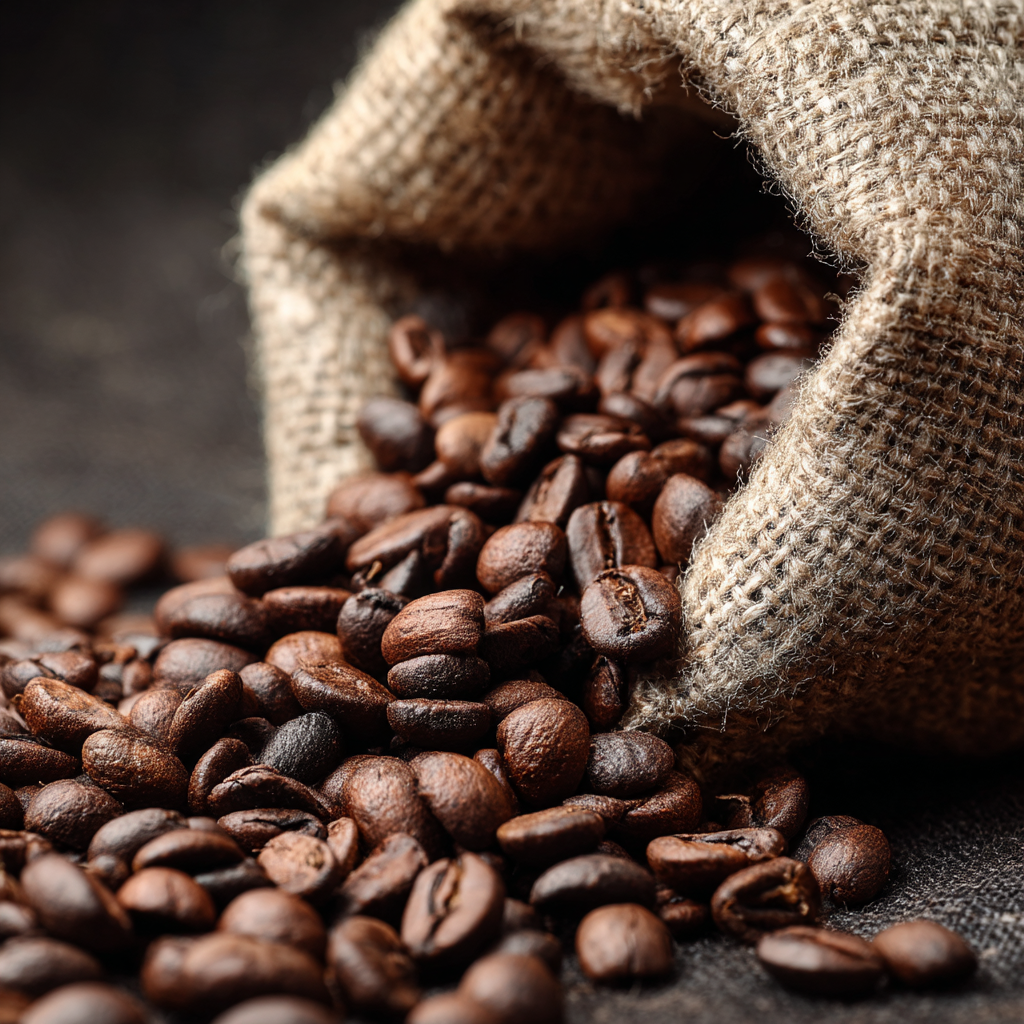FAQ: Should I have coffee during my period?
There are researches that support coffee intake for the brain. But is it really helpful for everyone? Let’s review what scientific studies and expert guidelines say, so you can decide based on evidence and your own body!
1. What does the research show?
a) Caffeine & PMS symptoms
A large prospective analysis within the Nurses’ Health Study II (2016) investigated whether total caffeine, coffee, or tea intake increases the risk of developing moderate-to-severe PMS. After adjusting for age, smoking, BMI (Body Mass Index), and other factors, no significant association appeared between caffeine intake and overall PMS risk or symptoms like breast tenderness, irritability, and fatigue.
b) Menstrual length and flow
A 2014 cross‑sectional study among Saudi women found that caffeine consumption was associated with longer, heavier periods and some irregularities. Researchers theorized this may relate to hormonal effects of caffeine. Conversely, an earlier epidemiological study (Fenster et al., 1999) reported that heavy caffeine use (> 300 mg/day ≈ 4–5 single espressos) was linked with a reduced risk of long menses (≥ 8 days): women in the heavy‑use group had roughly one-third the risk compared to non‑users. However, they also showed a higher chance of shorter cycle length (< 24 days).
c) Cramps, bloating & discomfort
Some studies have found that high caffeine intake may worsen cramps by increasing inflammation, bloating, and reducing uterine blood flow via effects on vascular tone. The result: more painful dysmenorrhea for some individuals. On the other hand, a large review by EatingWell summarizes that there is no strong evidence linking moderate caffeine use to intensifying PMS symptoms, though individual sensitivity varies widely.
A 2024 study in Scientific Reports among Chinese university students reported that moderate coffee consumption was associated with a 55% lower likelihood of moderate-to-severe menstrual pain (primary dysmenorrhea). In contrast, sugary carbonated soft drinks were linked with worse pain.
2. Potential benefits and drawbacks
General health reviews show that moderate coffee intake (3–4 cups/day, around 300–400 mg caffeine) is safe for most adults and linked to some benefits like improved metabolism and lower cardiovascular risks, but overconsumption (especially > 4 cups/day) raises risk of anxiety, restlessness, high blood pressure, and sleep interference.
3. What do health authorities recommend?
Major medical bodies, including the American College of Obstetricians and Gynecologists (ACOG), generally suggest limiting caffeine, especially for those experiencing fatigue or moderate-to-severe PMS, although the scientific evidence supporting strict avoidance is weak.
The Royal Women’s Hospital and other clinical resources recommend diets low in caffeine and salt to reduce fluid retention, menstrual cramps, irritability, and poor sleep.
4. So, should you drink coffee?
Here are practical considerations:
-
Listen to your body. If you notice that coffee during your period triggers headaches, cramps, anxiety, or worse bloating, consider reducing or avoiding it temporarily.
-
Keep within moderate limits. Staying under about 200–300 mg of caffeine per day (roughly 2–3 cups of standard coffee) may minimize risks. Habitual users who maintain this level usually do not notice worsening menstrual symptoms.
-
Consider timing and quantity. Avoid large doses early in the morning on an empty stomach; spacing coffee or switching to decaf, black tea, matcha, or caffeine‑free options like herbal teas can be gentler.
-
Balance with lifestyle habits. Regular exercise, hydration, a nutrient‑rich diet (rich in calcium, magnesium, leafy greens, and omega‑3s), and adequate sleep can help manage period symptoms, often making dietary caffeine less of an issue.
5. Summary:
-
There is no strong evidence that moderate caffeine intake causes or worsens PMS or makes periods heavier or longer in most women.
-
Some studies suggest heavy caffeine intake (> 300–400 mg/day) may alter cycle characteristics or intensify discomfort, but findings are inconsistent.
-
Some recent research even shows possible protective effects against pain when coffee is consumed in moderation.
-
Because individual responses vary, your personal experience and symptoms should guide your choice.
Sources:
The Royal Women’s HospitalHealthline
Medical Disclaimer
This article is for informational purposes only and does not constitute medical advice. It is not a substitute for professional healthcare consultation. If you have medical concerns, especially severe PMS, heavy menstrual bleeding, persistent pain, or other menstrual irregularities, please seek evaluation from a qualified healthcare provider before making changes to diet or caffeine intake.

